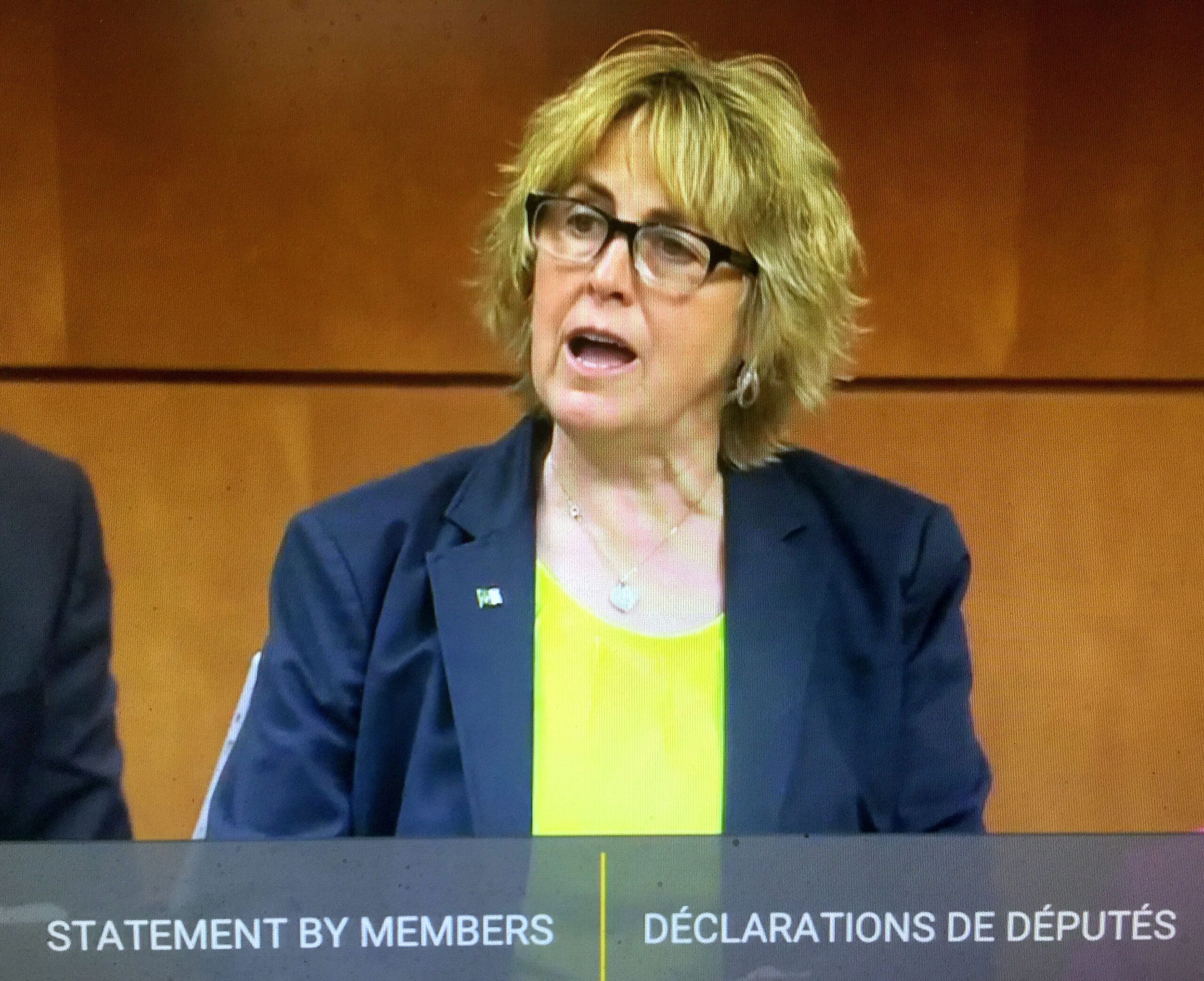One of the most fundamental rights workers have in Canada is the right to collective bargaining. It allows workers to unite under the banner of a union, and to demand fair contracts at a fair rate of pay. It’s an essential part of the Canadian Labour Code, but those rights can be undermined.
One way in which employers are able to sidestep these fundamental rights are through the hiring of non-union members when employees go on strike or are locked out. These people are commonly known as either replacement workers, or a far-less-flattering term: scabs.
The use of scabs undermines workers’ collective power. It does this by removing the most essential power that a labour stoppage is supposed to give workers to help end disputes: the ability of workers to apply economic pressure to a company when they can’t come to a logical collective agreement. Companies employ scabs to ensure the work they need gets done, which applies undue pressure on workers in a labour dispute and puts them at an unfair disadvantage at the negotiating table, often prolonging strikes and lockouts, and putting more pressure on workers to settle for less than they deserve without pushing management to the negotiating table.
The legality of the use of scab labour varies across the country. In provincially regulated industries, only two provinces, Quebec and British Columbia, have laws against the hiring of replacement workers. In Federally regulated industries, there are currently no anti-scab laws, but that is about to change.
The Liberals, in their last election platform, promised some form of anti-scab legislation in federally regulated workplaces, but only in the case of lockouts, where employers prevent workers from entering the work site during negotiations. However, at a recent press conference, the Minister of Labour, with NDP Labour Critic Alexandre Boulerice on his flank, announced that the government would be tabling legislation that would prevent the use of replacement workers in instances of both lockouts and strikes within Federally regulated workplaces.
Prior to the Government tabling legislation, an NDP Private Members Bill (C-302) on anti-scab legislation was taElizabeth Bernard bled which clarifies exactly what we want out of effective anti-scab legislation. The Bill sets out that no employer shall use, to perform all or part of the duties of an employee in the bargaining unit on strike or lockout, the services of a new hire, contractor, or another employee to replace the work of those on a legal strike or lockout or face significant financial penalty of up to $100,000 a day.
Additionally, the legislation is reasonable in its demands of the employer and does not prevent the limited hiring of employees to ensure essential maintenance work to protect the integrity and safety of the workplace, prevent damage or destruction to equipment and machinery, and prevent environmental damage on the job site that may result from work disruptions.
Bill C-302 should be the guide the government uses to implement anti-scab legislation, or, better yet, should be the bill the government passes as it is supported by labour leaders across the country.
Anti-scab legislation has been introduced in the House of Commons eight times over the past 15 years. Conservatives have obviously never supported attempts to prevent scab labour from disrupting legal strikes or lockouts, because they tend to be on the side of corporate interests and not workers. Although, the Liberals haven’t either, the latest news that the government is now committed to finally implement real anti-scab legislation with teeth is a good sign for workers.
Carol Hughes
Algoma-Manitoulin-Kapuskasing MP


